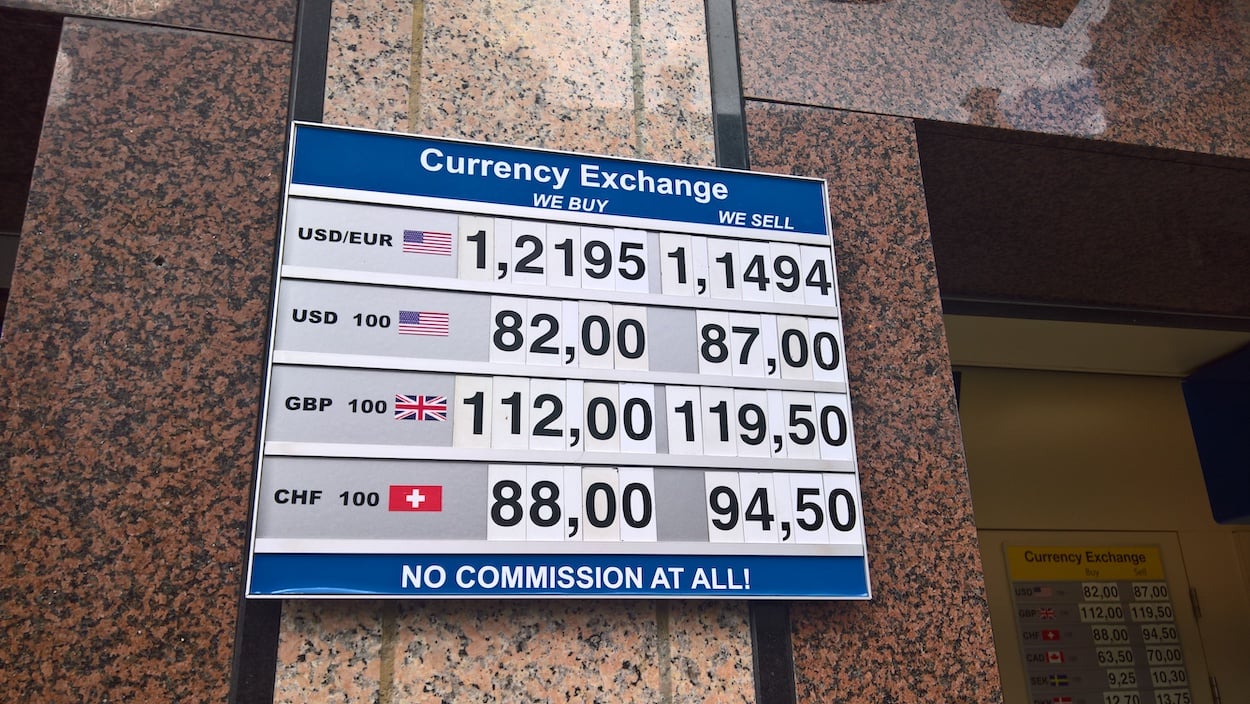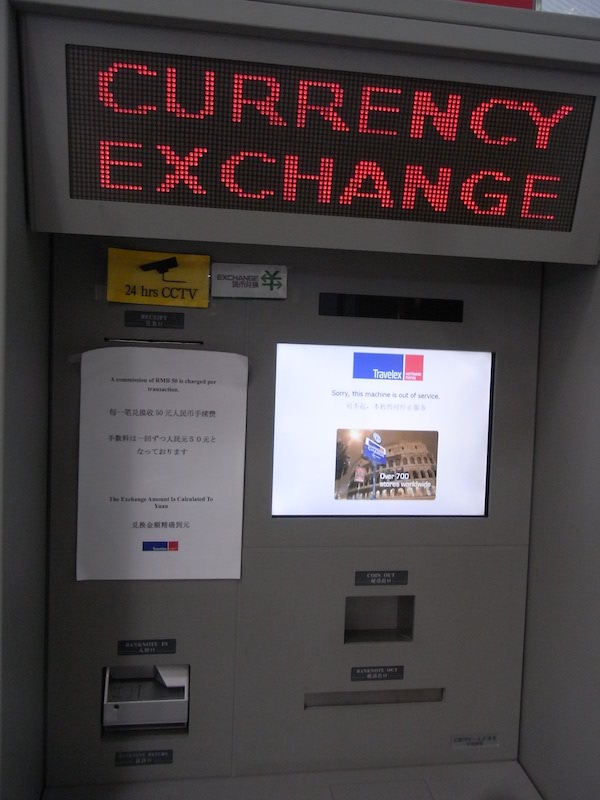Understanding Currency Exchange Scams: How to Protect Your Cash Abroad
As many Western nations transition toward digital transactions and increasingly cashless societies, cash still holds strong in gambling circles and travel. It offers privacy in transactions-managing wagers, tipping, or splitting winnings without leaving a digital trail. While cryptocurrencies also provide a layer of anonymity, they are subject to scrutiny and possible regulation by governments seeking to control financial flows. However, for most in-person exchanges, especially when traveling, cash remains the dominant medium-and so do the risks of being scammed when exchanging currency.

Navigating the Maze of Money Changers Abroad
Anyone who frequently travels internationally is likely familiar with the wide availability of currency exchange services in airports and popular tourist areas. In cities like Paris, “official” exchange bureaus operate everywhere, often vying for your business. However, competition doesn’t necessarily benefit the customer-poor rates and hidden fees often leave you out of pocket no matter where you go.
Locals, on the other hand, usually know exactly where to find the best rates, away from the tourist throngs. For example, during a lucrative trip to Paris, after balking at the unfavorable rates in mainstream exchange offices, I relied on a well-connected friend. He led me to a discreet money-changing office tucked away on an unassuming side street-saving a significant sum thanks to insider knowledge and a little trust.
Having a reliable local contact can often make all the difference. In major destinations like Macau and Tokyo, word-of-mouth guidance can lead you to legitimate casinos or businesses offering favorable deals-often requiring locals’ help to navigate the process and paperwork. In some places, exchanges may occur in unconventional locations, such as small apartments or upstairs offices, but they are only safe if referred by someone you trust.
Ultimately, finding a “guy who knows a guy” may secure a better rate, but every new situation brings its own risks. No matter how familiar a process feels, changes in locale can introduce new dangers. When in doubt, it’s often safer to accept the less optimal rates at established counters than risk your funds with unknown operators.
The Dangers Lurking in Informal Currency Exchanges
With every alternative exchange method comes the possibility of falling victim to a scam-ranging from outright robbery to receiving counterfeit cash. The crucial factor in avoiding these threats is having trustworthy local guidance and being able to recognize legitimate businesses or safe procedures, particularly in an unfamiliar city.
While official institutions like casinos in Macau make exchanging money straightforward and relatively secure, more informal setups-like backroom deals in overseas apartments-carry significant risk. The moment your cash leaves your sight, especially in unfamiliar surroundings, your vulnerability rises dramatically.
For this reason, it’s wise to only transact at officially known locations or through personally vetted contacts. If such assurances aren’t available, it’s often preferable to use well-established currency counters, even if their rates and fees seem steep compared to those offered by street-level operators.

Spotting and Avoiding Fake Currency Exchange Scams
Imposter exchange offices and fraudulent individuals target unsuspecting travelers worldwide. The tactics may vary-from passing off phony banknotes to shortchanging customers or robbing them outright-but the result is the same: travelers lose money and, in some cases, their sense of security.
In some places like Prague, scammers often work just outside official exchange shops. They approach tourists who appear to be comparing rates or preparing for a transaction. These con artists will typically offer better deals-promising no fees and “top” rates that seem too good to miss.
What marks these victims is their visible need to change money. The scammer leverages this by offering an appealing story: exchange cash directly with them for a more favorable rate. Many tourists-enticed by the offer and eager to avoid high bureau fees-accept, only to discover later they’ve been handed expired or worthless foreign currency. In Prague, expired Belarusian Rubles, which closely resemble authentic Czech notes to the untrained eye, are sometimes substituted for legitimate currency, rendering the cash received completely valueless.
Warning signs and notices are posted in these cities, urging tourists to avoid street exchanges, but scammers exploit basic human psychology-impatience, desire for a deal, and misplaced trust. These tactics aren’t limited to exchange offices: some con artists stake out ATMs, offering to “break” large bills into smaller denominations but slipping in expired or counterfeit notes during the transaction.
Staying Safe: Tips for Currency Exchange in Unfamiliar Places
Lack of local knowledge is often the biggest vulnerability for travelers. Not being acquainted with a country’s currency or typical transaction methods makes it all too easy to become a target for scams-both abroad and at home.
- When traveling, try to use official or well-established money changers, even if their rates seem uncompetitive.
- Seek recommendations from trustworthy locals for reputable exchange offices, but always proceed with caution.
- Avoid any informal street or peer-to-peer cash swaps, particularly when approached by strangers offering unusually good deals.
- At ATMs, be wary of anyone offering unsolicited help, especially with currency exchange or breaking large bills.
- Check every note you receive carefully and insist on counting your cash in front of the other party.
- If a deal feels rushed or the other person is overly insistent, walk away-better to lose a few dollars in fees than your entire sum.
The risks aren’t isolated to foreign countries. Even in familiar territory, such as a bank in your home city, be alert-unsolicited offers for direct swaps could be rehearsed scams in disguise.
The bottom line: trust your instincts, prioritize safety over savings, and remember that convenience and a friendly smile can cost much more than official exchange rates.
Lead image: Donald Trung/Wikimedia Commons













